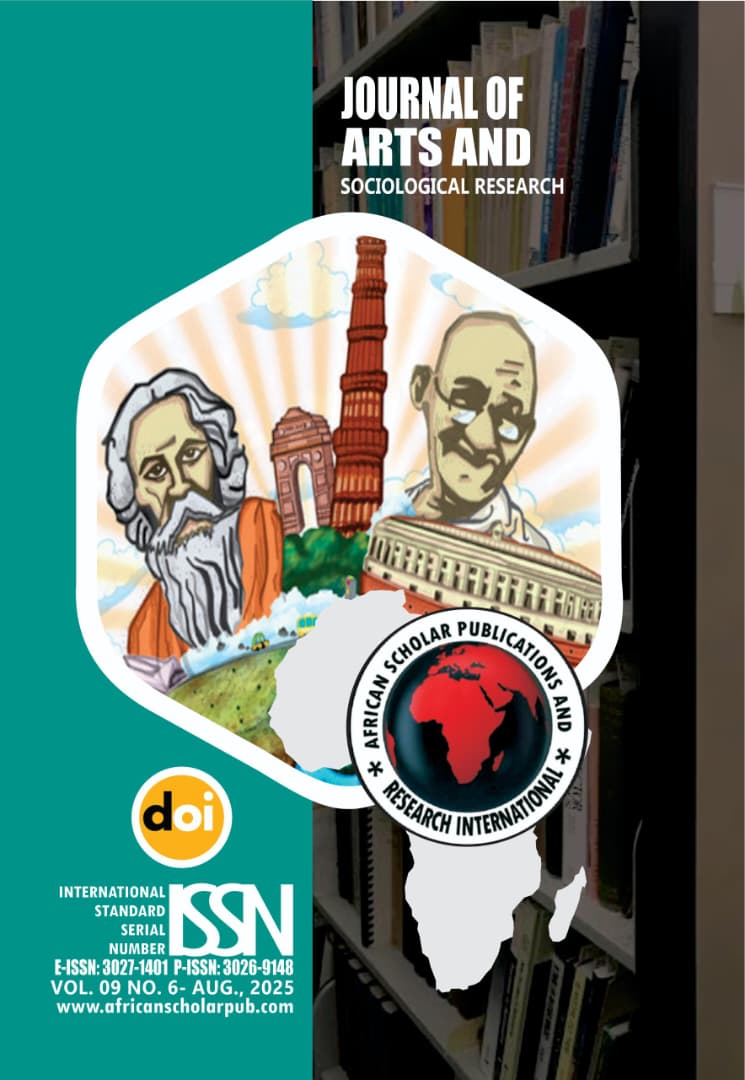Energy Security, the Imperative to National Development
Abstract
Energy plays a paradoxical role in the development of any nation-state. Access to abundant, affordable, secure, safe, and clean energy benefits nation-states. Most importantly, energy is a vital driver of development, as it is required for agriculture, transportation, information and communication technologies, power generation, and, ultimately, industry. Nonetheless, the increased use of energy has resulted in global warming, and hence climate change, which is the primary cause of flooding, draughts, unexpected rains, and wildfires, among other things. Energy extraction, transportation, and consumption or utilization is detrimental to most countries' security, economy, and ecology. Worse, the detrimental effects of the energy that impoverished and marginalized countries either create or use have had disastrous consequences. This is due to their inability or limited capacity to implement mitigation and adaptation strategies to address the growing energy-related dangers to their development. Despite its energy crises, Nigeria, a developing country, has its share of energy consequences. Also, despite its enormous energy reserves, the country is yet to produce enough clean energy for national development, hence the need for energy security while dealing with significant energy-related negative repercussions. To explicate the relationships between energy and development in Nigeria, this article used content analysis. The paper illustrated that Nigeria is vulnerable to the harmful effects of energy, and stated that energy is an unavoidable evil that can be condoned, where its benefit can be utilized than its drawbacks.
Keywords:
Energy security, Industrialization, National Development, Agriculture, Global WarmingDownloads
Downloads
ACCESSES
Published
Issue
Section
License
Copyright (c) 2025 Usman, Mohammed (Ph.D), Muhammad, Muhammad Bature (Author)

This work is licensed under a Creative Commons Attribution 4.0 International License.


















